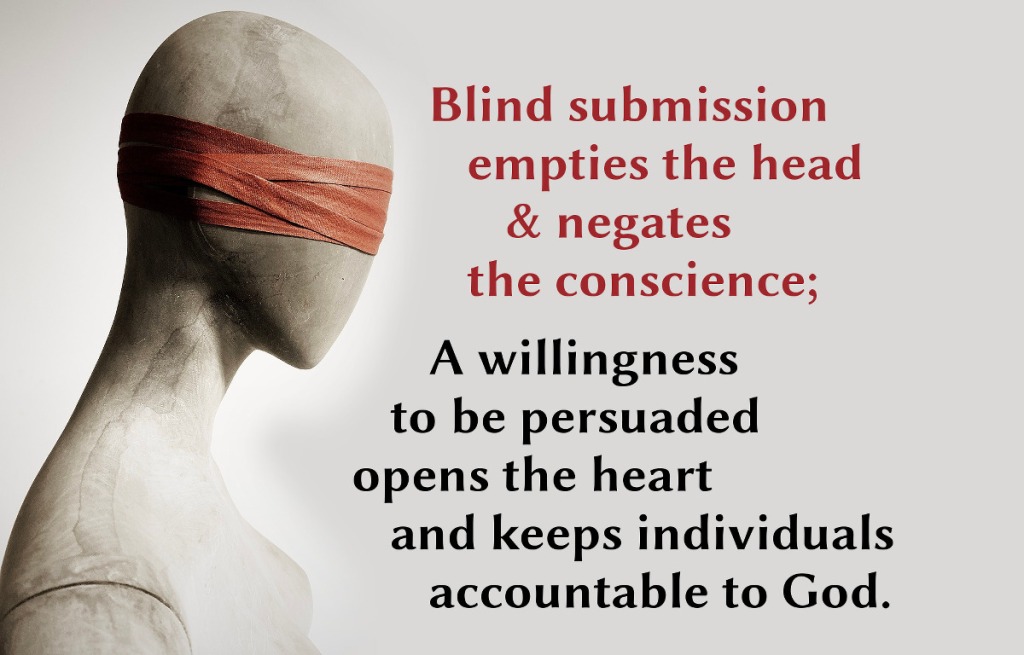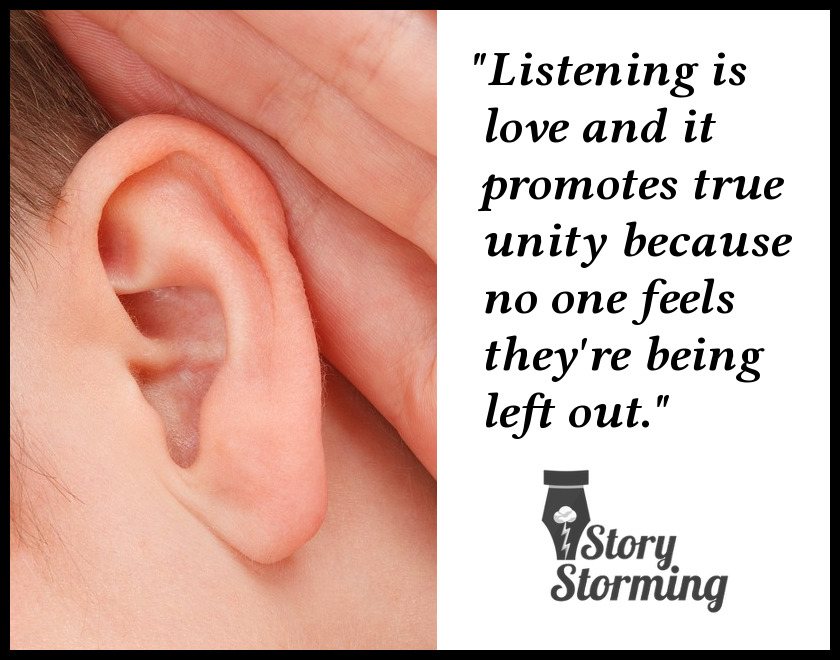Some time ago, while reflecting on the idea of social cultures, I began thinking of a different kind of culture: the microbial kind. In a microbial culture, agents of infection (like bacteria) are allowed to reproduce. If they are present in a particular sample and left to sit under the right conditions—even in small amounts—microbes can grow and multiply.
Something similar happens in human cultures. Under the right conditions, bad ideas and behaviors tend to grow and spread until a flaming infection results. Yeast also can cause an infection. And we know that a little yeast, whether of the good (Luke 13:21) or the bad kind (Matthew 16:6-12) can be mixed all through the dough (or person or culture). This is why Jesus tells us to be salt and light (Matthew 5:13-16).

Perform an online search of “salt kills bacteria” or “light kills bacteria” and you’ll find some of the science behind Jesus’s salt and light analogy.
The use of salt and light as a means of killing germs isn’t new. Salt was used in ancient times as a preservative for food and as an antiseptic in various medical treatments. In the 1800s, light, too, was discovered to have antimicrobial properties.
Both salt and light can kill disease- and decay-causing microbes. For this reason, both salt and light can act as preservatives—not just for food, but also for both the physical and spiritual aspects of human life.
As believers in Christ, we are to be in the world but not of it—to integrate with and go with the flow of God’s Kingdom-Culture, not society’s culture. We are therefore urged to keep in step with the Spirit, not the flesh. This presents a challenge because, while our renewed spirits are indeed willing to follow and obey Christ, our flesh is weak—capable of decay.

As I said before, the conditions under which a culture remains will determine the kind of life that grows there, for better or worse. This is first applicable to the individual, for cultures are indeed made up of individuals. For the Christian individual, our purification or sanitation is either helped along—or potentially hindered—by the conditions to which we are most exposed. On this matter, I think of John 3:19-21, which says, “This is the verdict: Light has come into the world, but people loved darkness instead of light because their deeds were evil. Everyone who does evil hates the light, and will not come into the light for fear that their deeds will be exposed. But whoever lives by the truth comes into the light, so that it may be seen plainly that what they have done has been done in the sight of God.”
Have you ever experienced the discomfort of sitting within the circle of God’s spotlight? It reveals the hidden “microbes” which, if left alone, would breed in darkness—and overtake our souls. Exposure to God’s light doesn’t always feel good, but those who long to be pure have learned to embrace the work His radiance can accomplish.

But what does it mean to remain in His light?
Psalm 119:105 says to God, “Your word is a lamp for my feet, a light on my path.” Compare this with Revelation 21:23, which says, “The city does not need the sun or the moon to shine on it, for the glory of God gives it light, and the Lamb is its lamp.” (See also John 8:12.) To complete our circle of understanding, we can meditate on John 1:1: “In the beginning was the Word, and the Word was with God, and the Word was God.”
His word is a light. He is a light. He is the Word.
With that in mind, consider John 15, especially verse 7: “If you remain in me and my words remain in you, ask whatever you wish, and it will be done for you.” We are to spend time exposing ourselves to who He is: to His words, His light. In this place of being a branch on the Vine, connected to Him, letting His sap reach deep, we are transformed and our minds renewed. The more we are exposed to Him, the more like Him we become. And that exposure shows to others just as surely as Moses’ face grew radiant from His time alone with the LORD (Exodus 34:29-35 and 2 Corinthians 3:7-18).
So, when our self-improvement efforts fail to bring the desired results—or when we fall again to sin habits we can’t seem to shake—let us turn to the One with the power to help us overcome, and let’s spend time dwelling in His presence.

Heavenly Father, please make us more aware of the things we dwell on the longest. Help us to dwell on Your thoughts longer than we dwell on our own thoughts. To meditate on Your words more than we rehearse the words we’ve heard others speak. Rather than being more attentive to the nightly news, turn our attention to the Good News and, in it, Your power to redeem even the most “offensive” lives. And when we find ourselves grumbling about others, give us grace and Holy Spirit empowerment to turn our grumbling into prayers of blessing from above and petitions for Your work in their hearts to bring about Your desired change and purpose in their lives.
Lord, do all this, and help us to be aware of those times we’ve emulated the culture’s ways: when we’ve repaid meanness with meanness, impatience with impatience, and so forth. Forgive us and help us to be transformed from the inside out. When necessary, guide us in reconciling with those we’ve hurt as best as we’re able (Matthew 5:23-24). And lead us to a deeper intimacy with You, that we might sit in Your light, dwell on Your word, and fellowship with Your Spirit as You purify the culture of our hearts. In Jesus’s name, amen.




































